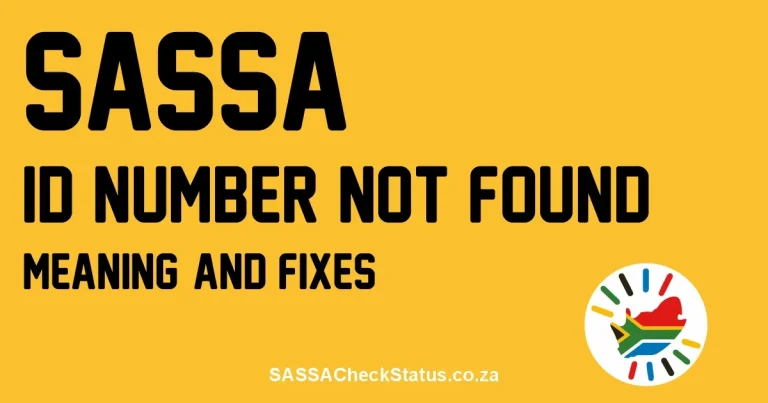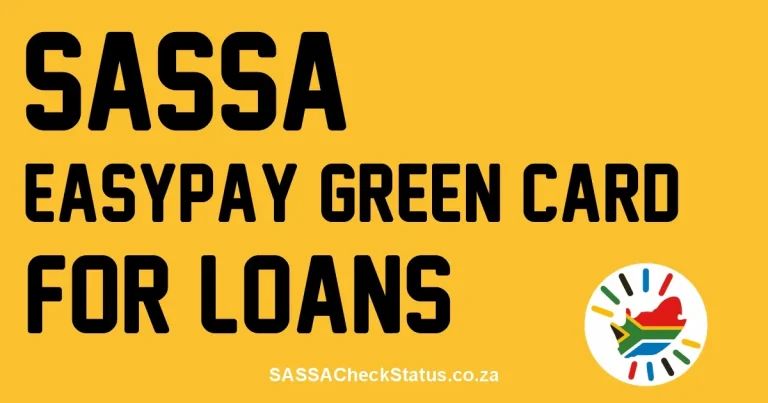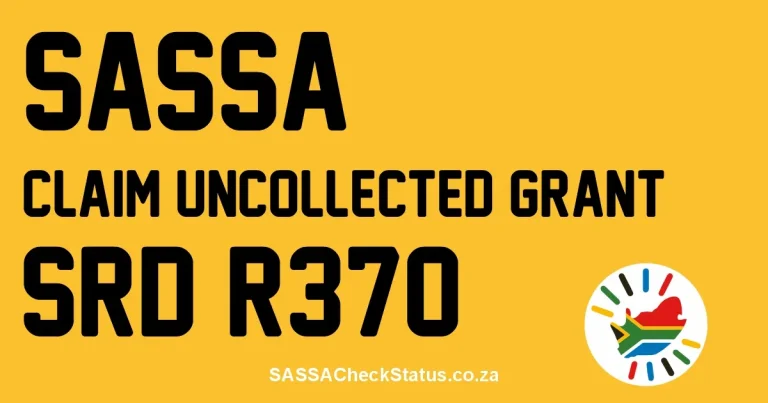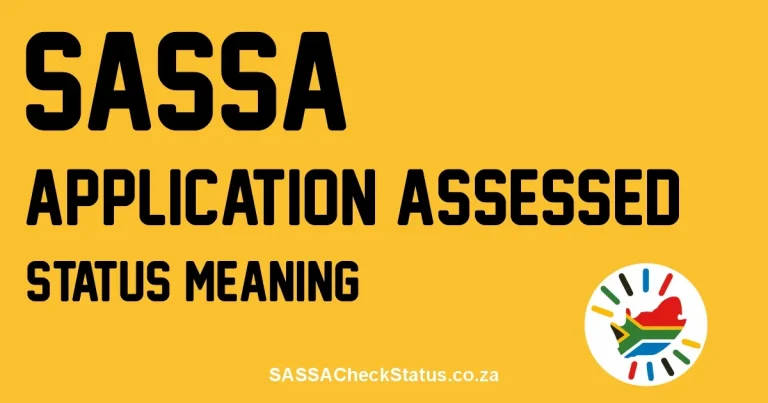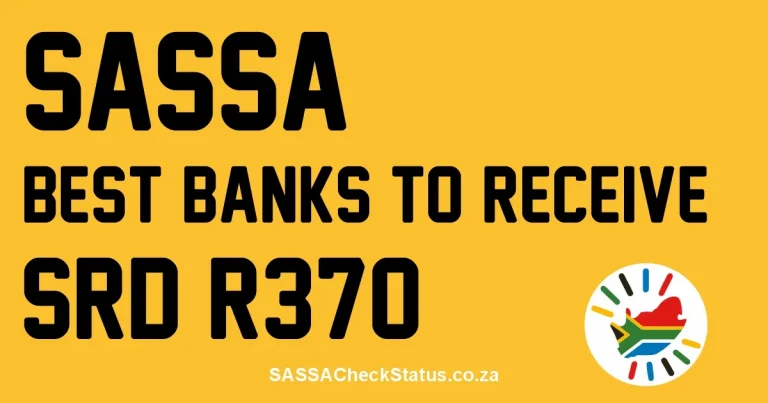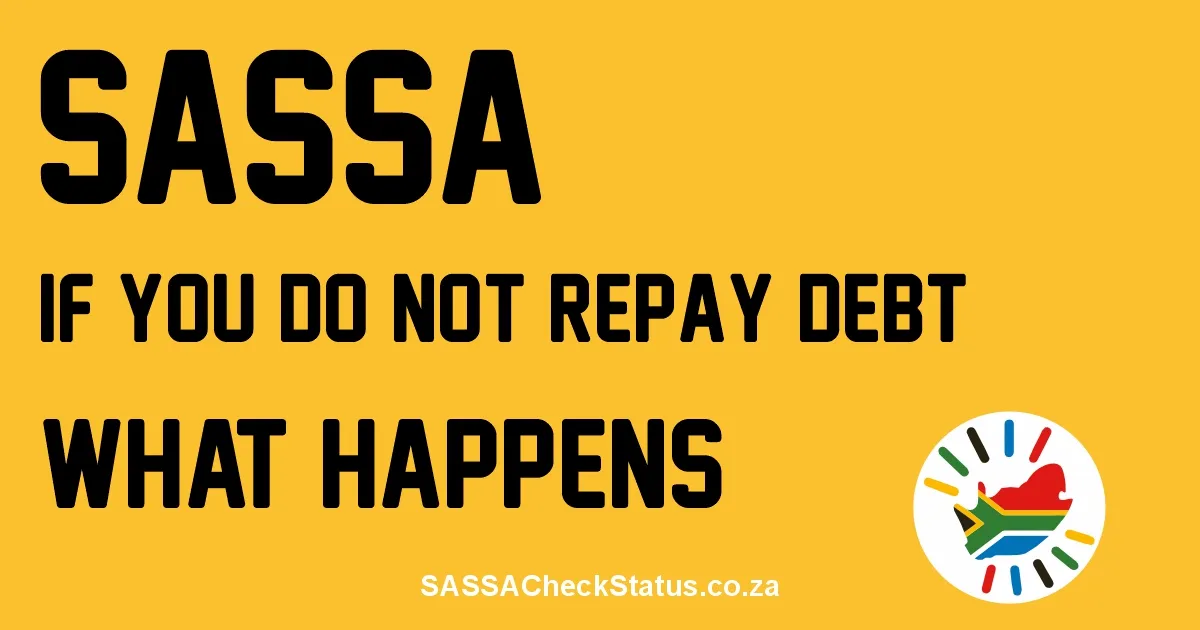
Owing money to SASSA can create serious problems that affect your entire family’s financial security. When you don’t repay SASSA debt, the consequences are immediate and lasting – you’ll lose access to all social grants until the debt is settled completely.
SASSA Debt and Why It Happens
SASSA debt occurs when you receive grant money you weren’t entitled to receive. This commonly happens when beneficiaries fail to report changes in their financial circumstances, such as finding employment while still receiving the SRD R370 grant, or when income increases beyond the eligibility threshold for various grants.
The most frequent situations that create SASSA debt include:
- Getting a job but continuing to receive unemployment grants like the SRD R370
- Income increasing above the means test limits for disability or old-age grants
- Receiving duplicate payments due to system errors
- Failing to update SASSA about changes in marital status or household composition
- Not declaring additional income sources during grant applications
Immediate Consequences of Not Repaying SASSA Debt
Complete Grant Suspension
If you don’t repay your debt to SASSA, you’ll lose access to all social grants until you settle the amount. This suspension affects every type of grant – whether you owe money on the SRD grant, child support, disability, or old-age grants.
The suspension remains in place regardless of how much you owe. Even if your debt is R100 or R10,000, SASSA will block all future grant payments until full repayment is made.
SMS Notifications and Communication
SASSA will notify you about the debt via SMS. These messages will inform you about the outstanding amount and provide instructions on how to make payment. You might also receive formal letters at your registered address.
Recent enforcement actions show SASSA is becoming more aggressive about debt collection. According to reports, a child support beneficiary who breached the SASSA income threshold last month is in the process of repaying R3 360. Considering the grant pays out only R560 per month, that’s more than five months’ worth of assistance owing.
No Appeal Process for Debt
You can’t appeal this decision. Unlike grant applications or suspensions based on eligibility, SASSA debt cannot be disputed through the normal appeals process. If you received money you weren’t entitled to, you must repay it regardless of the circumstances.
Long-term Consequences and Legal Actions
Debt Recovery Processes
SASSA has legal authority to recover overpaid amounts through various means. SASSA is empowered by the Act [9 of 2004] to recoup any money that would have been paid to the beneficiary incorrectly. This includes initiating formal debt recovery processes that can involve legal action.
When SASSA pursues debt recovery, they may:
- Deduct amounts directly from future grant payments once eligibility is restored
- Use external debt collection agencies
- Take legal action to recover larger amounts
- Place garnishee orders on bank accounts or salaries
Impact on Future Grant Applications
Unpaid SASSA debt creates a permanent record in their system. Even if you later qualify for different grants, the outstanding debt will prevent approval until it’s cleared. This can affect your ability to access:
- Emergency social relief grants
- Different grant types as your circumstances change
- Any new grant programmes introduced by government
SASSA’s Enhanced Enforcement in 2025
SASSA has significantly strengthened its debt collection efforts in 2025. The agency is finalising the implementation of biometric identification infrastructure to enhance security and integrity in grant administration processes.
The agency now conducts regular cross-referencing with credit bureaus and other government departments to identify beneficiaries with undisclosed income. The South African Social Security Agency (Sassa) confirmed that approximately 210,000 social grant beneficiaries will experience delays in their June 2025 payments. This comes after a joint effort with registered Credit Bureaus identified individuals who appear to be receiving income not disclosed to the agency.
How to Repay Your SASSA Debt
Bank Transfer Method
SASSA prefers repayment through direct bank transfers. You’ll need to contact your nearest SASSA office to obtain the correct banking details for your region. When making the transfer, include your ID number and reference the debt repayment clearly.
Payment Plans and Arrangements
If you cannot pay the full amount immediately, SASSA allows payment arrangements. Three repayment options include doing so in-person at any SASSA branch office. Making a bank transfer to a SASSA regional bank account. Or arranging a debit order that goes off each month through your bank.
However, be aware that the ‘lay-away option’ for SASSA Old-Age Grants in August 2025 will accrue interest and end up costing more over the long term.
Required Documentation for Repayment
When visiting SASSA offices to arrange repayment, bring:
- Your South African ID document
- Bank statements for the last three months
- Proof of current income (payslips or employment letters)
- Any correspondence you’ve received about the debt
Getting Help with SASSA Debt Problems
Free Legal Assistance
Organizations like Black Sash provide free advice for grant-related problems. You can contact them for guidance on dealing with SASSA debt and understanding your rights during the recovery process.
Debt Counselling Services
If you’re struggling with multiple debts including SASSA debt, registered debt counsellors can help negotiate payment arrangements and provide financial advice. They can assist with:
- Creating realistic repayment plans
- Negotiating with SASSA for reduced payments
- Providing guidance on managing your overall debt situation
How to Avoid SASSA Debt in the Future
Report Changes Immediately
The most important step is reporting any changes in your circumstances to SASSA immediately. This includes:
- Getting a job or changing employment
- Changes in income from any source
- Changes in family composition or living arrangements
- Recovery from disability or changes in medical condition
Regular Status Checks
Regularly check your SASSA status to ensure your grants are correctly processed and no overpayments occur. Use the official SASSA website at srd.sassa.gov.za for accurate information.
Keep Records Updated
Ensure your contact details, banking information, and address are always current in SASSA’s system. This prevents missed communications about reviews or changes to your grants.
What to Do If You’re Currently in Debt to SASSA
Don’t Ignore the Problem
Ignoring SASSA debt makes the situation worse. The debt won’t disappear, and the longer you wait, the more difficult it becomes to resolve. Interest may also accrue on outstanding amounts.
Contact SASSA Immediately
Visit your nearest SASSA office or call their helpline at 0800 60 10 11 to discuss your situation. SASSA staff can explain the debt, verify the amount owed, and help arrange a payment plan that fits your financial situation.
Get Professional Advice
If you’re unsure about the debt or believe it’s incorrect, seek advice from organizations that specialize in social security issues. They can help you understand your options and rights.
Regional Variations and Special Circumstances
Provincial Office Contacts
Different provinces may have slightly different procedures for handling debt repayment. Contact your provincial SASSA office for specific guidance:
- Western Cape: Focus on Cape Town and Bellville offices for major transactions
- Gauteng: Johannesburg and Pretoria offices handle large case volumes
- KwaZulu-Natal: Durban offices provide specialized debt counselling services
Special Cases
Certain circumstances may affect how SASSA handles your debt:
- If you’re elderly or disabled and cannot visit offices in person
- If the debt resulted from SASSA’s administrative error
- If you face extreme financial hardship that makes repayment impossible
The Broader Impact of SASSA Debt
Effects on Families
SASSA debt doesn’t just affect individuals – entire families suffer when grant payments stop. Children may lose access to child support grants, and elderly family members may be unable to access old-age pensions.
Community Economic Effects
Reduced spending by grant recipients impacts local economies, particularly small businesses. When large numbers of people lose grant access due to debt, it affects entire communities that depend on this spending.
FAQs About Consequences If You Don’t Repay SASSA Debt
Can SASSA take money from my bank account to pay debt?
Yes, SASSA can obtain court orders to recover debt from your bank accounts or salary through garnishee orders, especially for larger debts or persistent non-payment.
Will SASSA debt affect my credit score?
While SASSA debt may not directly appear on your credit report, legal action taken to recover the debt can result in court judgments that do affect your credit rating.
Can I get a new grant if I still owe SASSA money?
No, outstanding SASSA debt prevents approval of any new grant applications until the debt is fully repaid.
What happens if someone dies owing SASSA money?
SASSA debt may become part of the deceased person’s estate, though collection from family members depends on specific circumstances and estate assets.
Can SASSA debt be written off?
SASSA rarely writes off debt unless exceptional circumstances exist, such as proven administrative errors by the agency itself.
How long does SASSA have to collect debt?
SASSA debt collection is subject to prescription laws, but the agency actively pursues recovery and can take legal action to prevent prescription.
Conclusion
Not repaying SASSA debt creates serious, long-lasting consequences that affect your access to essential government support. The immediate suspension of all grants, combined with potential legal action and debt recovery processes, makes it crucial to address SASSA debt quickly and proactively. Don’t wait for the problem to escalate – contact SASSA immediately to arrange repayment and protect your family’s financial security.
